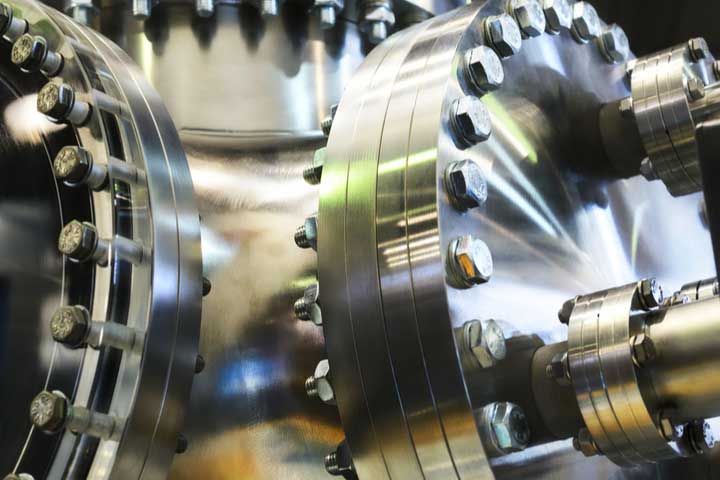Vacuum pressure impregnation is a modern technique that involves the submergence of a worn-out electrical apparatus into a resin. Out of the three dry-type transformers, VPI transformers are highly ideal for operations under high temperature and variable loads.
Princy A. J |
July 13, 2022
One might wonder about the use of a vacuum pressure impregnated transformer since many of us don’t know much about their applications or working. But when your electric motor goes for a repair and the technician indicates that the issue is in your motor’s windings and suggests for vacuum pressure impregnation (VPI), you might want to know some basics about such transformers and if at all opting for VPI is a smart choice for your motor.
What is Vacuum Pressure Impregnation?
Vacuum pressure impregnation is a process wherein a completely worn out electric apparatus is submerged in a resin. For the resin to get absorbed in the insulation system, the apparatus is given dry and wet vacuum and pressure cycles that makes the electric apparatus thermally prepared. After this insulation process, the impregnated windings form a monolithic and homogenous structure. The VPI technique is a modern and tech-savvy approach that is mostly used in commercial and industrial applications to mechanically strengthen the electric apparatus.
Vacuum pressure impregnation is essential to enhance thermal inductivity, dielectric strength, resistance to chemicals, water, and other containments. Additionally, a VPI winding ensures longer and maintenance-free life span of any electric apparatus.
How are VPI Transformers Better Than Other Dry-type Transformers?
Dry-type transformers are basically classified into three types- resin impregnated, cast resin, and vacuum pressure impregnated.
Since the world’s demand for expanding existing infrastructure is surging, the need for electrical reticulation equipment is also boosting equally. And for safety concerns, electrical and mechanical industries are now shifting from the conventional oil-cooled transformers to air-cooled electrical assemblies. But these transformers are sometimes operated in dirty environments like underground mines that can degrade their winding insulation. Therefore, such transformers are kept in enclosures for environmental and mechanical protection. This type of protection cannot be achieved with resin impregnated and cast resin transformers and so, vacuum pressure impregnated transformers are an ideal choice for performing any industrial operations and safeguard the electrical apparatus’s life span. Besides, VPI transformers are highly suitable for variable loads and high temperatures.
According to market analysts, the global vacuum pressure impregnated transformer market is expected to register a revenue of $2,471.8 million and grow at 6.2% CAGR during the 2021-2030 forecast period.
Applications of Vacuum Pressure Impregnated Transformers
Here are some common applications of VPI transformers:
- Earthing and lightning protection systems
- Polymeric insulators
- Insulation improvement system
- Polymeric surge arresters
- Commercial and industrial operations
The Vacuum Pressure Impregnation Technique
Motor winds are pretty expensive and when it comes to choosing the insulation type, you would definitely want to make the right decision. Out of the three dry-type transformers, VPI transformers are an ideal choice for high temperatures and ensure void-free insulation, better heat transfer, enhanced motor performance in harsh environments, and improved mechanical winding.
